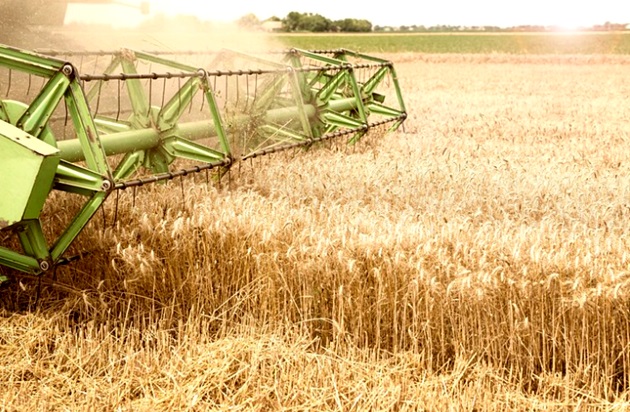750

Recently, the European Commission proposed extending the current liberalization of imports from Ukraine by one year, with additional guarantees.
While the move to implement mechanisms to protect EU producers from the impact of increased imports is welcome, our six organizations representing the cereals, oilseeds, poultry, eggs, and sugar sectors do not believe it will provide sufficient relief.
Our group of organizations regrets the decision to base the automatic trigger threshold for safeguard measures necessary on the 2022/23 average for poultry, eggs, and sugar and considers the exclusion of cereals and oilseeds from such automatic measures totally unacceptable.
The current licensing system agreed between Ukraine and individual member states, such as Romania and Bulgaria, for cereals and oilseeds, does not offer an effective EU-wide solution and threatens the integrity of the EU's single market.
While we believe it is the EU's duty and interest to continue supporting Ukraine, the solution to the current situation regarding the impact of imports on EU producers must be addressed effectively.
Thus, we, Copa-Cogeca, as agricultural producers, are ready to continue doing our part in the EU's efforts to assist Ukraine. Unfortunately, we believe this effort is not fairly distributed, with the agricultural sector bearing a disproportionate and unsustainable burden.
If the solutions implemented are not effective in addressing the issue, the survival of EU producers of cereals, oilseeds, poultry, eggs, and sugar from neighboring countries and beyond will be at stake, as well as the unwavering support for Ukraine.
We also believe it is essential to propose a EU-level solution to this problem to maintain EU unity and the integrity of the EU single market.
Therefore, we call on the Council and the European Parliament to strike a fair balance in their discussions on this proposal:
- Base the automatic triggering of the guarantee on the annual average for the combined years 2021 and 2022 and include cereals and oilseeds. The average annual imports from that period would already represent a significant effort on the part of EU producers.
- Ensure that any products imported above this threshold should be exported outside the EU and therefore for transit only within the EU market. Quantities would be measured based on the DG TAXUD monitoring system.
Institutions must find a viable compromise and a constructive solution to maintain trade flows, protect EU producers, help Ukrainian producers diversify their exports, restore old trade routes, and limit their dependence on the EU market. (Photo: Freepik)




